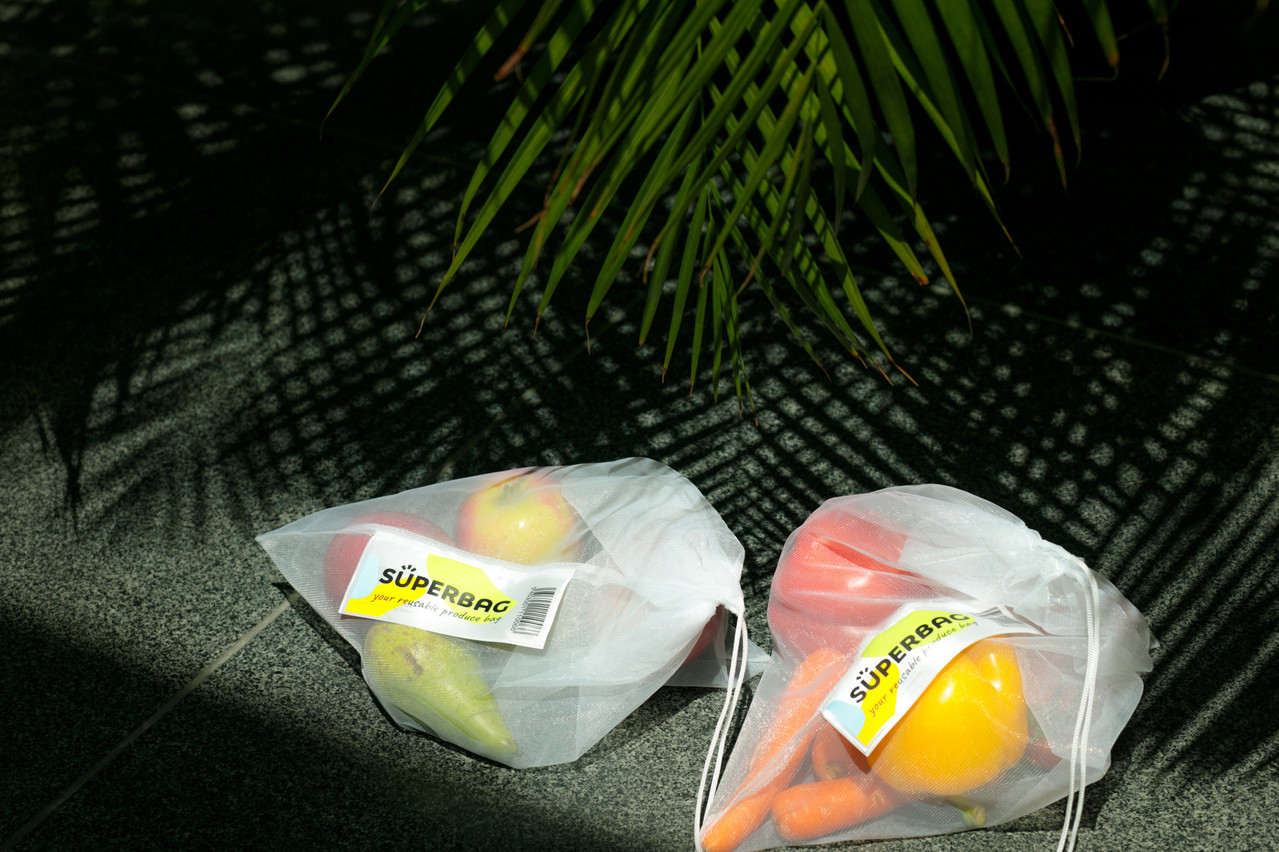With Orange Reprise, people--whether they are customers or not--can bring up to ten phones to one of the telecommunication company’s shops and exchange them against a voucher. From €2 to €700 at play, the vouchers have already attracted over 6,000 unused models. The programme--part of a wider sustainability framework the company applies internally--comes at the perfect time too.
The phones collected are recycled in France, Belgium and Luxembourg, to avoid transportation pollution and to keep an eye on the circuit. When a phone can’t be reconditioned and sold directly--an alternative to new phones that is becoming increasingly popular--it’s taken apart to extract the various materials within. Compare and Recycle, a company active in several of Orange’s branches, takes care of this process. “With 5G, our customers will change their phones to make them 5G compatible. But to make a phone, you need rare earth materials, you need lots of rare and expensive components,” explains Lozé.
Comparing the costs
Of course, taking in these phones, recycling them and giving out vouchers to clients is a cost, but as Lozé says, “it is very important that it is factored into our business”. If the phone only needs a little bit of repair, its sale will cover the fees around the Reprise programme. But if it isn’t, “it remains our responsibility”. The Orange Luxembourg CEO invests in circular economy in her private life and only sees benefits when this is applied to her workplace.
Reprise isn’t a strategy to gain more customers with shiny vouchers though. “It’s not something that will attract new clients. It’s the link that exists between Orange and our customers,” Lozé says. “I think that’s why the programme works… Orange all over the world has demonstrated how invested it is in the environmental team.” As such, it relies on its subscription prices to bring in more customers.
Change is in the air
The programme’s popularity can also be explained by the transformation of mindsets among customers, employees and companies alike. The health crisis that kept the world indoors made people realise the urgency and impact of climate change. Clients are slower to buy a new phone, so the average client keeps their phone for three years instead of two now, according to Lozé. The consumption habits of clients morph into a greener model, but even so “it really depends on the individual. On the other hand, the company has the responsibility to accompany this change.”
Businesses are also contributing to this paradigm shift. “Companies are more committed,” explains Lozé: “Fleet managers are also beginning to find it very attractive to recycle”, bringing dozens of their employees’ old used phones to the telecommunication company’s shops.
Participating helps clients feel more satisfied and makes Orange workers feel so too, according to Lozé. “It’s not just a phone; it’s a collective commitment.” Orange employees are clients after all. “The employees of Orange Luxembourg have been mobilising for a very long time,” she adds. Fixing the crisis won’t happen over a day, but “it is crucial to fix our footprint as soon as possible”. The company set its carbon neutrality goal to the year 2040. Listening to its employees’ environmental agenda is going to be key to prospering as a business while also being greener, as workers are the company’s driving force, and “you mustn’t forget that the company is nothing if not the workers”.
